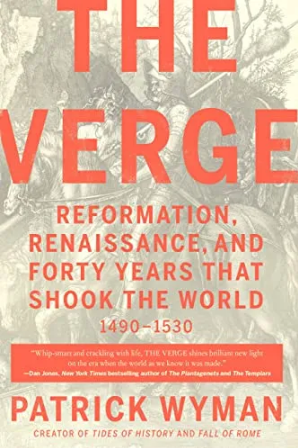David Sedaris at The Free Press:

“Gen Z” by EpicTop10.com is licensed under CC BY 2.0
Words, we are now regularly reminded, are violence. So too is silence. I read not long ago that capitalism is violence, as is misgendering someone. Ignoring someone is violence, but so too is paying them attention. A friend recently called on one of her assistants to deliver a statistic during a business meeting and was later charged with “casual violence”. Apparently Deborah needed to give advance warning that she was going to ask a question, one that might possibly put her employee — someone who was well paid to know stuff and be able to spew it forth — on the spot.
Who are these hothouse flowers, all so easily and consistently wounded? People whose parents never hit them, that’s who. People who don’t know what real pain is, but still want to throw the word around. When I was a child, a slap across the face was too minor to qualify as “casual violence”. It was simply what you got for talking back or holding everyone up. It never hurt all that much; what stung was the swiftness of it, the surprise. Who knew my mother could move so fast, like someone belted in the martial arts. I don’t feel like it traumatized me to be knocked around a little. Blood was rarely drawn. No limbs were broken. Could my parents have made their point without resorting to violence? Probably, but it would have taken more time, and with six kids to dress and get out the door that was a precious commodity. I see parents now who worry they’re being abusive if they don’t spend at least an hour putting their child to bed. An hour! I said to my sister, Amy, “Do you remember ever once being tucked in? Can you imagine Mom and Dad reading to us, or singing? Can you imagine them kissing us?”
“Ugh,” she said. “Stop!”
And look at us! We’re fine. We can handle stuff. We never get offended by anything.
Our parents thought we were okay, at best, and I think that really helped us in the long run. Ask someone now if they have kids, and they’re pretty much guaranteed to use the word amazing, as in “I have an amazing six-year-old daughter.”
“Amazing because she just discovered a cure for herpes or because she speaks three words of Spanish,” I always want to ask. “I mean, just how low have you set that bar?”
One of the worst things that’s happened to us as a country is that people are having fewer children — 1.8 as opposed to five 50 years ago. Sure, it’s good for the environment — fewer people means less demand for resources. The problem is that single children receive a freakish amount of love and attention. Most graduate at least twelve times before leaving high school. Their every move is recorded and celebrated, and it gives them an outsize sense of their own importance.
The solution isn’t for every couple to start having five kids again, but maybe for one chosen couple to have five, and the other four couples to go without — either have a full litter you can’t pay that much attention to, or nothing at all.
If our schools are a mess it’s in large part due to these parents who think their kids are special, who get mad if you contradict their brilliance, if you give them a bad grade or, God forbid, try to take their phones away. Had one of my teachers told my mother that I was acting up in class, she’d have said, “Thank you so much for letting me know.” Then she’d have come to wherever I was — in front of the TV, or at the side of the TV making my way to the front of it — and slapped my sister Gretchen so hard her eyes would have crossed.
“What was that for?” Gretchen would have asked.
“Oops, wrong kid,” my mother would have said. Then she’d have slapped me twice as hard to make up for her mistake.











